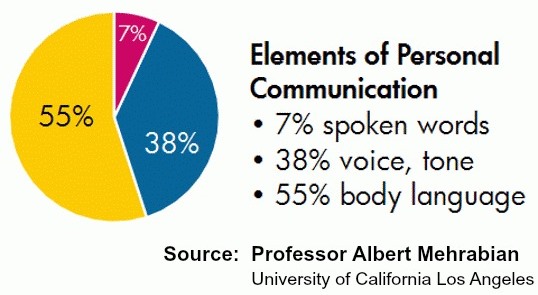Within the reading they posed this question..
“The point in all this is to give you tools to have a conversation about intimacy. Ask yourself the question, ‘What could we do to take a next step towards a healthy sex life.’”
It is critical for the health of your marriage to make sure that the two of you are talking about this as this can cause issues within your marriage. My wife and I too a marriage class by Kevin Leman and he had this funny statement that his favorite scripture in the Bible was 1 Corinthians 7:3-5 (NLT),
“The husband should fulfill his wife’s sexual needs, and the wife should fulfill her husband’s needs. The wife gives authority over her body to her husband, and the husband gives authority over his body to his wife. Do not deprive each other of sexual relations, unless you both agree to refrain from sexual intimacy for a limited time so you can give yourselves more completely to prayer. Afterward, you should come together again so that Satan won’t be able to tempt you because of your lack of self-control.”
Under the inspiration of the Holy Spirit, the apostle Paul is giving us some practical insight and simultaneously a warning, that Satan will use the interruption of sexual intimacy to put a wedge between you and your spouse. God intended sex to be good, in Genesis 1:28a (NLT) He gave us the command to
“Be fruitful and multiply. Fill the earth and govern it.”
But like in all areas of our life, Satan always introduces a counterfeit to what God has established, and as a result tries to corrupt this beautiful gift God has given us but we will dig into that later. This post will be talking about Emotional Intimacy first.
The reading focused on this Principle: Grow in Intimacy.
The main idea of Lesson 13 was:
“Intimacy is to “fully know and be known, without the fear of rejection.” Being fully known and accepted by God allows you to be authentic with your spouse.”
Being “fully known” is a scary thing isn’t it? Will my spouse like those areas in my life that are not so attractive? Can I trust them with everything? The “fear of rejection” is something that Satan keeps on the forefront of our minds. This lesson started off with a very interesting comment that prior to taking this class I never really thought about…
“Adam and Eve experienced what many married couples desire: they were completely and totally vulnerable with each other and they didn’t feel any shame…They experienced love and intimacy and its purest form it was perfect.”
I would love to live in such complete openness as Genesis 2:25 (NLT)
“Now the man and his wife were both naked, but they felt no shame.”
But unfortunately just one chapter later, God’s plan was ruined (see chapter 3)…
“As a result of sin entering the world, Adam and Eve – and all other married couples after them – have to work to maintain intimacy in their marriage…You and your spouse will have to work at it, but you can experience the freedom, intimacy and love that come from being known by your spouse.”
I like how they made the differentiation between understanding your spouse and knowing them…
“Allowing your spouse to know you will probably be much more difficult than you getting to know them (Lesson 12). Being known is difficult, because you may pretend to have it all together on the outside, but deep down, you know you’re not all your cracked up to be. You know the thoughts you have, the selfish desires that rule your mind, and the flaws that often distract you and hurt others.”
It is hard to think of letting someone in so completely isn’t it? But if we want emotional intimacy as God designed it, then we need to trust in the one we have committed out lives too!
“Here’s the truth: you have already been found out by God, and he accepts you. No matter what you’ve done in the past or you’re doing today, you are accepted by Him.”
Romans 5:8 says,
“But God shows His love for us in that while we were still sinners, Christ died for us.”
What an amazing truth! I love this closing thought!
“You are loved by God, despite your flaws; don’t reject your spouse because of their flaws. You worship a God who doesn’t deal with you according to your sins, who doesn’t repay you according to your iniquities, whose steadfast love for you is as high as the heavens are above the earth (Psalm 103:10-11), and you can be an expression of that for your spouse. You have an amazing opportunity to help your spouse grow in the relationship with Christ by doing all you can to make sure your marriage is full of love and acceptance!”
If you would like to read the next installment in the re|engage class, click here…★ Re|Engage – Sexual Intimacy ★
If you want to read previous re|engage lessons click here…
https://dailydependence.wordpress.com/category/reengage-class/?order=asc








 “Ignoring conflict often only makes matters worse and the issue will likely resurface again later.”
“Ignoring conflict often only makes matters worse and the issue will likely resurface again later.”






 Real Love has no Plan ‘B’…So how would that look in your marriage if you took that same mindset? Lesson 7 gave this advice…
Real Love has no Plan ‘B’…So how would that look in your marriage if you took that same mindset? Lesson 7 gave this advice…


















